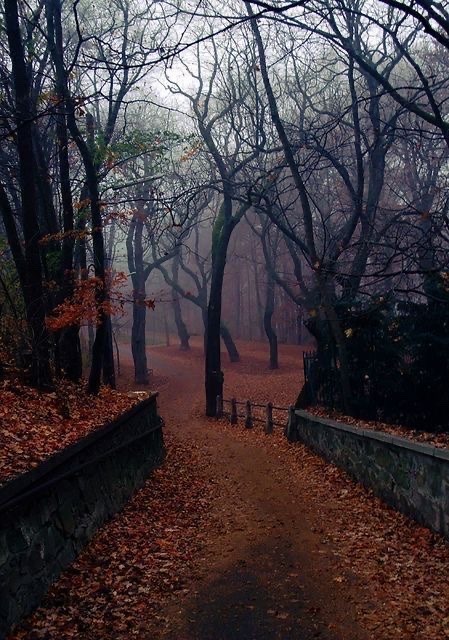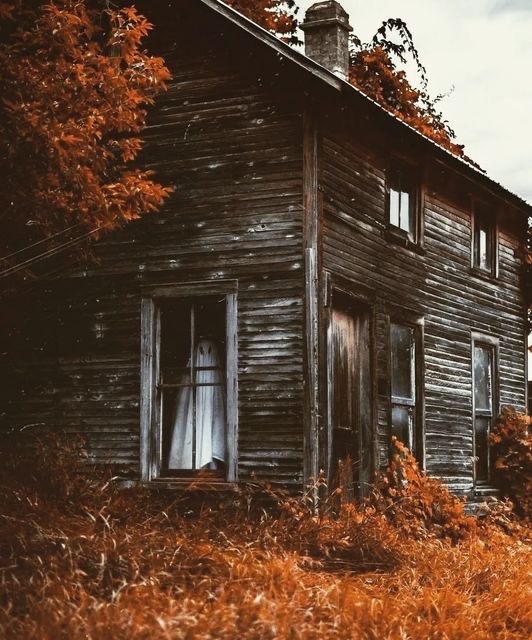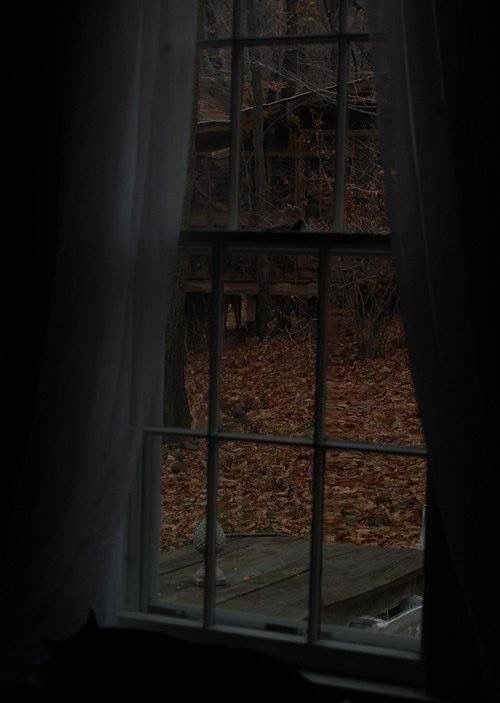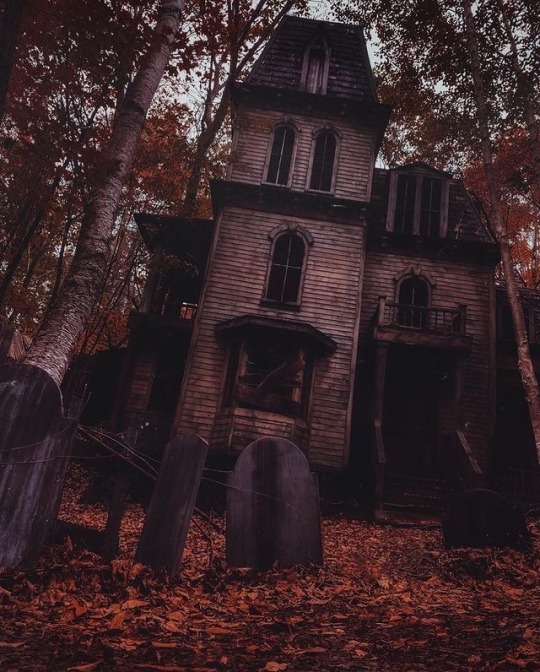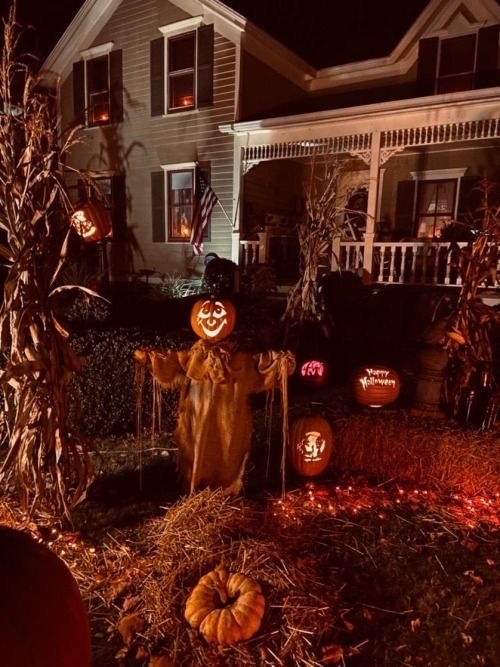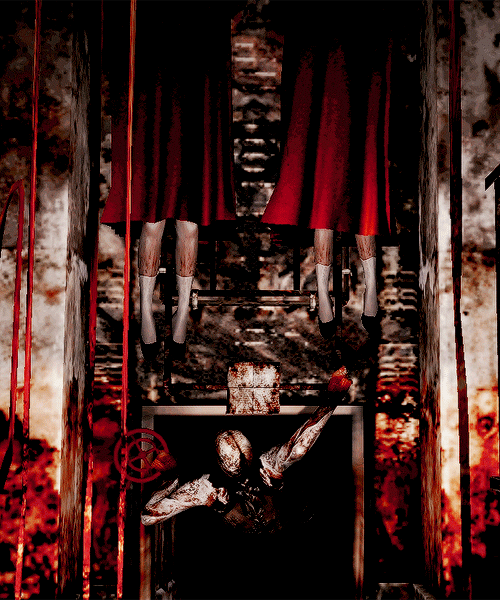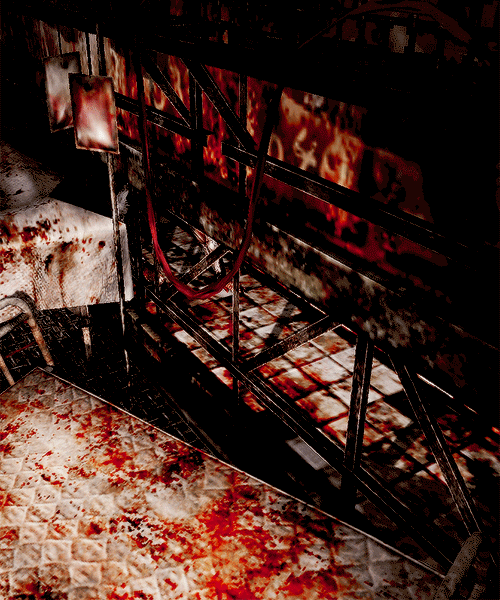Text





Excision (2012)
85 notes
·
View notes
Text
The Shelter of Horror: The Big Family
Rosa del Carmen Verduzco was very fortunate. Born in 1934, she grew up in an affluent family that owned businesses and farmland. At the age of 13, she had a vision of her future when she encountered an abandoned child. Against her family's objections, she decided to take care of him. Shortly thereafter, six more homeless children arrived, all of whom Rosa took under her wing. It was common to see the girl playing with her charges in the streets, and they even scavenged for food in the trash.
After her father's death in the late 1950s, Rosa managed to persuade her mother to give her a house. She moved her new family, which had grown to around 40 members, into this house. Soon after, Rosa acquired a piece of land of approximately 8,000 square meters, which would become the "La Gran Familia" shelter. Rosa supported her social work with her earnings as a teacher and the donations people gave her. Eventually, both the number of rescued children and the shelter itself expanded. A generous farmer donated 28 hectares of land for them to cultivate potatoes and strawberries, as well as raise livestock.

Inside the facility, they established a primary school, and later, they offered secondary and even high school education. Mama Rosa, as she was known to all her children, was very resourceful. She secured an agreement with the University of Guanajuato, enabling several of her children to pursue higher education. She also persuaded businessmen and politicians to make substantial donations. She founded an orchestra that helped rehabilitate children, including those no other orphanage would accept – children with criminal histories or addictions. Mama Rosa recalled the first time she registered one of her children with her last name: it was a newborn whose mother had attempted to suffocate him. Rosa visited the young mother, who immediately offered her premature baby without hesitation. Rosa took the child and registered him as her own. From that moment on, she continued this practice with all children under one year of age and those born at her shelter. As a result, these children grew into adolescents since, theoretically, they couldn't leave the orphanage until they turned 18. Many of them formed their own families within its walls. Everything seemed to be going wonderfully for Rosa, as her work was recognized even internationally. She was interviewed by major television networks, portraying her as almost a martyr.

However, thanks to complaints from five parents who alleged they were not allowed to see their children, a police operation was conducted on July 15. They rescued nearly 600 people, including newborn babies, children, women, and men. What the authorities found was simply inhumane. The children lived amidst filth, with no mattresses on their beds, rotten food, and years of accumulated garbage. Ironically, in some rooms that served as storage, they discovered donations of food, school supplies, clothing, and new mattresses that never reached the children. But the worst was yet to come. The victims' testimonies were heartbreaking. Underage girls were pregnant, and sadly, they were grateful for their lives because it was all they knew. Children were beaten for misbehaving and subjected to abuse by the shelter staff. Nevertheless, they also expressed gratitude to Mama Rosa, as they believed that life on the streets was even worse. If any of them broke the rules, they were locked in a small room without food or water for up to a week.

They were forced to beg for alms or steal to generate money to pay for their stay in that inhospitable place. In the end, they didn't even get to keep that money because the orphanage operated with its own form of payment. They were given vouchers to survive, with which they bought basic necessities like food at exorbitant prices since the staff preferred to let everything go to waste rather than giving it to the children, thereby inflating the cost of food. They were prisoners, and the promise that they could leave at 18 was a lie, as they were never released even after reaching that age. Their only option was to escape. Those who succeeded were considered lucky, as the area was closely monitored, and if they were caught, they were thrown into a pit for several days. Parents could only access certain areas of the shelter, and their visits were always monitored. If they wanted to take their children back, it was made nearly impossible, as when they left them there, they signed a custody agreement with Mama Rosa. However, they had an alternative: paying 50,000 pesos to release them, which was almost a mockery for these financially disadvantaged individuals. While these people lived in the most unsanitary conditions, donations continued to pour in for Mama Rosa. When all of this came to light, it was revealed that similar complaints had been made 21 years earlier. Even a local television station had reported on the matter, but nothing had happened.

If you're thinking that at least the culprits paid for the atrocities they had committed for over 40 years, that's not the case. Out of seven people, including Rosa, only two served sentences. Some paid bail, while others simply couldn't be prosecuted due to lack of evidence. Rosa was released because the judge accepted her argument that, due to her age and mental state, she was not legally accountable.
Rosa lived in Michoacán until 2018 when she passed away at the age of 84, victim of a stroke caused by complications from diabetes mellitus. It is believed that she quietly continued "saving" children for the rest of her life.
For her victims, all that remained was an attempt to reunite with their families. Thirty-three of them never succeeded, and some chose to take their own lives.

#horror#true crime#truestory#disturbing#terror#creepy#creepy facts#horror facts#mexico#true creepy stories#true crume
2 notes
·
View notes
Photo

Ravenwood, painting by Gloomy Grove
This artist on Etsy // Instagram
856 notes
·
View notes
Text

When I'm on my way back from work to my house, I pass by this street. I really like how it looks, the lamps, how solitary it is. It gives me a kind of nostalgia.
I feel like I miss something, but I don't know what...
2 notes
·
View notes
Photo
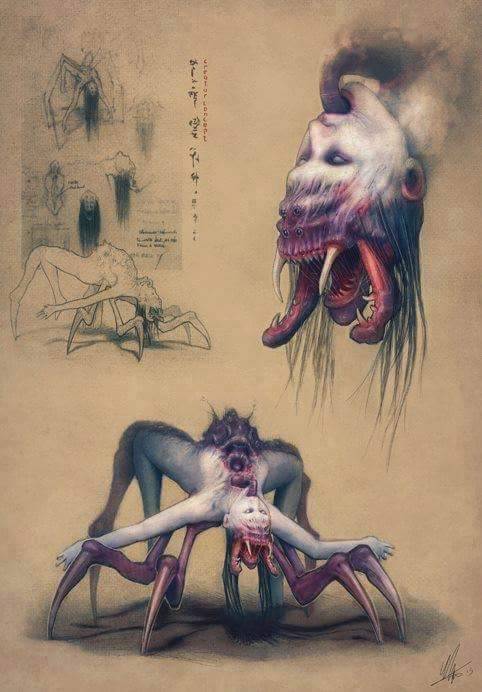
#horror#terror#creepy#scary#spooky#disturbing#bizarre#macabre#art#grotesque#dark#obscure#notmywork#beautiful
2K notes
·
View notes
Photo

779 notes
·
View notes

